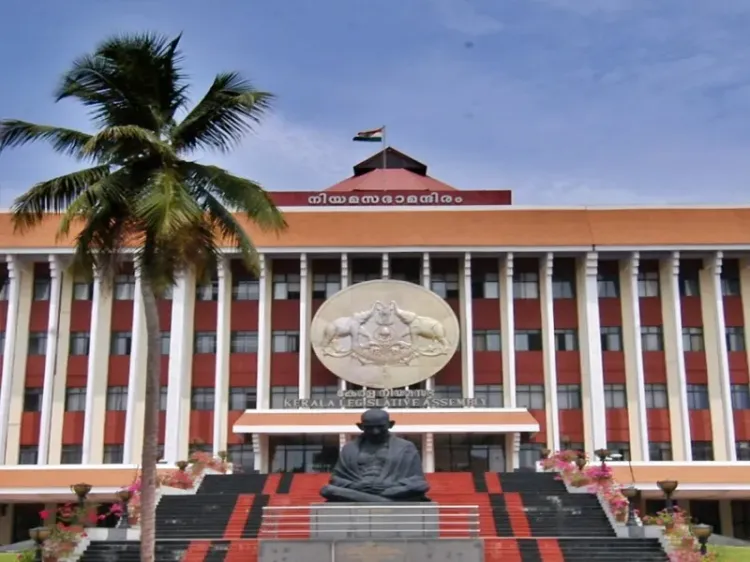Will Kerala’s Cabinet Revive Traditional Agrarian Festivals?

Synopsis
Key Takeaways
- Kerala Cabinet approves Bill to revive traditional festivals.
- Amendment to animal cruelty laws aims to restore cultural practices.
- Revived festivals include Kalapoot and Kannupoot.
- Government emphasizes animal welfare through regulations.
- Precedent set by Tamil Nadu in legalizing traditional sports.
Thiruvananthapuram, Sep 13 (IANS) In a pivotal step towards rejuvenating Kerala's rural heritage, a special Cabinet meeting conducted on Saturday has sanctioned the introduction of a Bill aimed at amending the Prevention of Cruelty to Animals Act, 1960. This amendment will facilitate the revival of traditional agrarian festivals including Kalapoot, Kannupoot, Maramadi, and Pothottam.
These vibrant cultural events, once a cornerstone of the state's agricultural traditions and celebrations, faced prohibition under federal law due to concerns over animal welfare.
Farmers and cultural advocates have long urged for their reinstatement, contending that these festivals are profoundly ingrained in Kerala's agrarian legacy and should not be classified as acts of cruelty.
The Bill that received approval will next be presented in the Kerala Legislative Assembly.
Upon passing, it will require the assent of the President of India, as it pertains to the Concurrent List.
Only after this approval will the amendment come into force, permitting the legal celebration of these festivals within the state.
Officials noted that this initiative mirrors the approach taken by Tamil Nadu, which successfully legalized Jallikattu, a traditional bull-taming event, through a similar amendment to the central Act.
This precedent is now viewed as a pathway for Kerala to reinstate its cherished agrarian customs.
Advocates assert that reviving these festivals will not only rekindle cultural pride among rural communities but also aid in safeguarding Kerala's traditional identity.
For generations, these festivals have been integral to our agricultural calendar.
They symbolize a connection between farmers, animals, and the land.
Nonetheless, animal rights activists are anticipated to voice their concerns, highlighting issues of cruelty and exploitation.
The government has stated that stringent guidelines and regulatory frameworks will accompany the revival to ensure animal welfare.
Through this legislative initiative, the Kerala government has demonstrated its commitment to harmonizing cultural heritage with contemporary regulatory standards, signaling a potential end to a long-standing ban.










